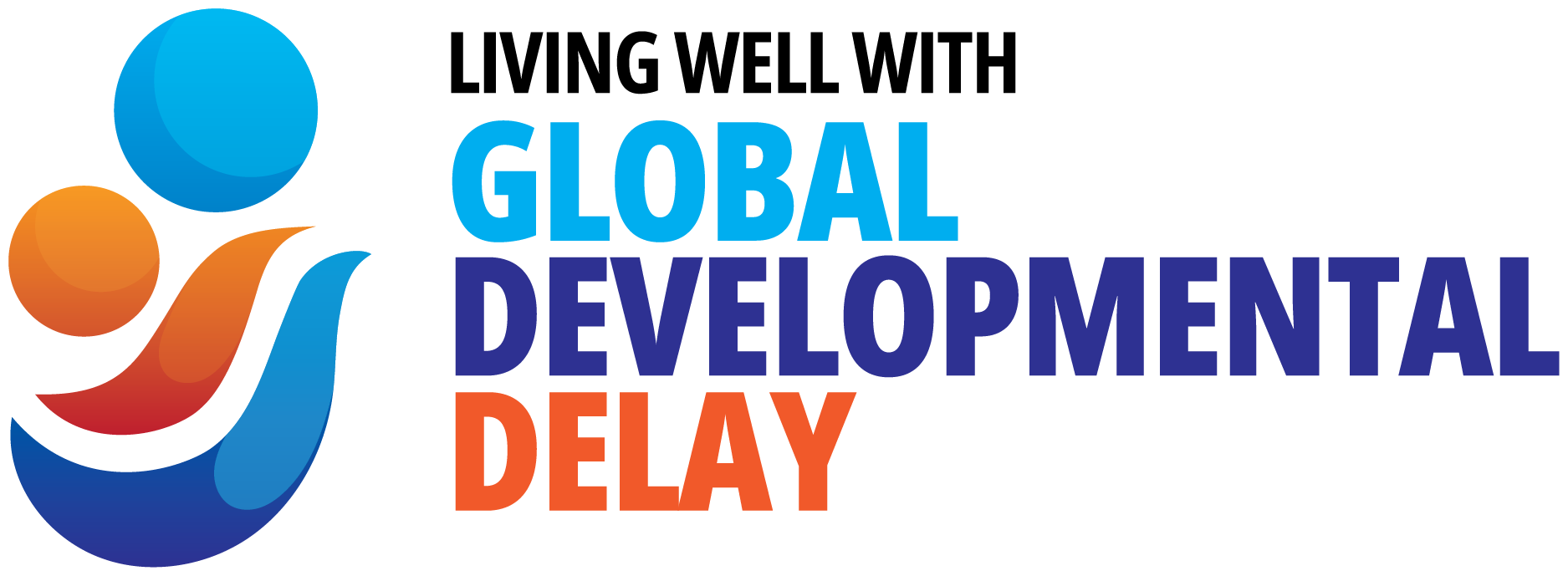- You can help your child most when you are well
- Caring for a child with a delay can be exhausting as they may need a lot of support with daily living activities
- Parents and carers of children with a delay report greater physical and mental health concerns
- Start small to improve your self-care
Caring for yourself so you can care for your child
Key Messages

All parents face the challenge of understanding what their children need and how to support their development. But this challenge can be even more acute when your child has global developmental delay.

Your wellbeing affects your child’s wellbeing
When flight attendants give their pre-flight instructions, they will tell you in the case of an emergency to place your oxygen mask on before that of your child’s. This advice can challenge what most parents believe a good parent should do, but the idea is that you can only assist your child if you are well yourself.
The same applies to parenting.
When parents are unwell, physically or emotionally, it reduces their ability to provide care.
Parents of children with a delay who experience chronic stress often have increased emotional problems, more authoritarian parenting and more negative interactions or decreased involvement with their children. The negative impact on the parent-child relationship can lead to behaviour problems in children.
So, if you find it hard to focus on your wellbeing, know that doing so will benefit your child.
Parenting can be stressful
Parenting is wonderful yet challenging. When a child has a delay, the attention needed to assist with daily living can mean that parents are exhausted with little time to attend to their own wellbeing.
Parents, and in particular mothers, spend countless hours helping their children with daily living activities, managing behavioural challenges, travelling to medical appointments and serving as informal case managers. These demands can result in health risks for parents and carers.
Parents of children with delays are more likely to experience physical health problems. Sleep disturbances, headaches, gastrointestinal and respiratory problems are areas of physical health most affected. Caring for a child with a delay is also associated with a higher risk of obesity which can lead to other health concerns.
Mental health concerns, such as stress, anxiety and depression, are amongst the most frequent negative influences on parent health. In particular, parental distress is increased when children have behavioural problems such as hyperactivity and conduct problems, and parents need to manage wandering or aggression. Parents of children with more severe delays have also been found to report lower parental quality of life.
When stress becomes chronic, physical and psychological wellbeing deteriorates. It is important to remember, however, that parents all respond differently to parenting a child with a delay. How parents respond depends on community, family and personal factors.
How can you look after yourself?
The good news is that parents who practise more self-care are better protected from stress and poor wellbeing.
You can look after yourself by:
- getting enough rest;
- eating nutritious food;
- going to the doctor for regular check-ups;
- getting enough exercise; and
- playing outside your role as a parent.
When parents receive support they experience less stress. It is important to connect with other parents and family support services. Support is best when it gives you social and psychological support, but also practical support that helps daily life. For example, having someone care for your child while you go to get your hair cut can reduce stress and improve wellbeing.
Some families find it difficult to access support. Community and family attitudes, social isolation and a lack of skill in the English language may make this more difficult. Reach out to other parents who may be in these situations.
Start small. It can be frustrating for a time-poor person to hear ‘you just need to exercise more’. Think about what small changes you can make given the time you have, so they don’t become extra stressors.
You might like to find out more about how to manage stress here .
If you feel distressed thinking and reading about this topic,
talk to your GP or health professional. You can also call Lifeline on 131 114.
Acton, G. J. (2002). Health-promoting self-care in family caregivers. Western Journal of Nursing Research, 24, 73–86.
Cantwell, J., Muldoon, O. T., & Gallagher, S. (2014). Social support and mastery influence the association between stress and poor physical health in parents caring for children with developmental disabilities. Research in Developmental Disabilities, 35, 2215–2223.
Chafouleas, S. M., Iovino, E. A., & Koriakin, T. A. (2020). Caregivers of Children with Developmental Disabilities: Exploring Perceptions of Health-Promoting Self-Care. Journal of Developmental and Physical Disabilities. 32, 893-913.
Crnic, K., Gaze, C., & Hoffman, C. (2005). Cumulative parenting stress across the preschool period: relations to maternal parenting and child behaviour at age 5. Infant and Child Development, 132, 117–132.
Dennis, M.L., Neece, C.L., & Fenning, R.M. Investigating the influence of parenting stress in child behaviour problems in children with developmental delay: The role of parent-child relational factors. Adv Neurodev Disord, 2, 129-141.
Gallagher, S., & Hannigan, A. (2014). Child problem behaviours are associated with obesity in parents caring for children with developmental disabilities. Research in Developmental Disabilities, 36, 358–365.
Leung, C. Y. S., Li-Tsang, C. W. P. (2003). Quality of Life of Parents who have Children with Disabilities. Hong Kong Journal of Occupational Therapy, 13(1), 19-24.
Miodrag, N., & Hodapp, R. M. (2010). Chronic stress and health among parents of children with intellectual and developmental disabilities. Current Opinion in Psychiatry, 23, 407–411.
Woolfenden, S., Posada N., Krchnakova, R., Crawford, J., Gilbert, J., Jursik, B., Sarkozy, V., Perkins, D., & Kemp, L. (2014). Equitable access to developmental surveillance and early intervention – understanding the barriers for children from culturally and linguistically diverse (CALD) backgrounds. Health Expectations, 18(6).
